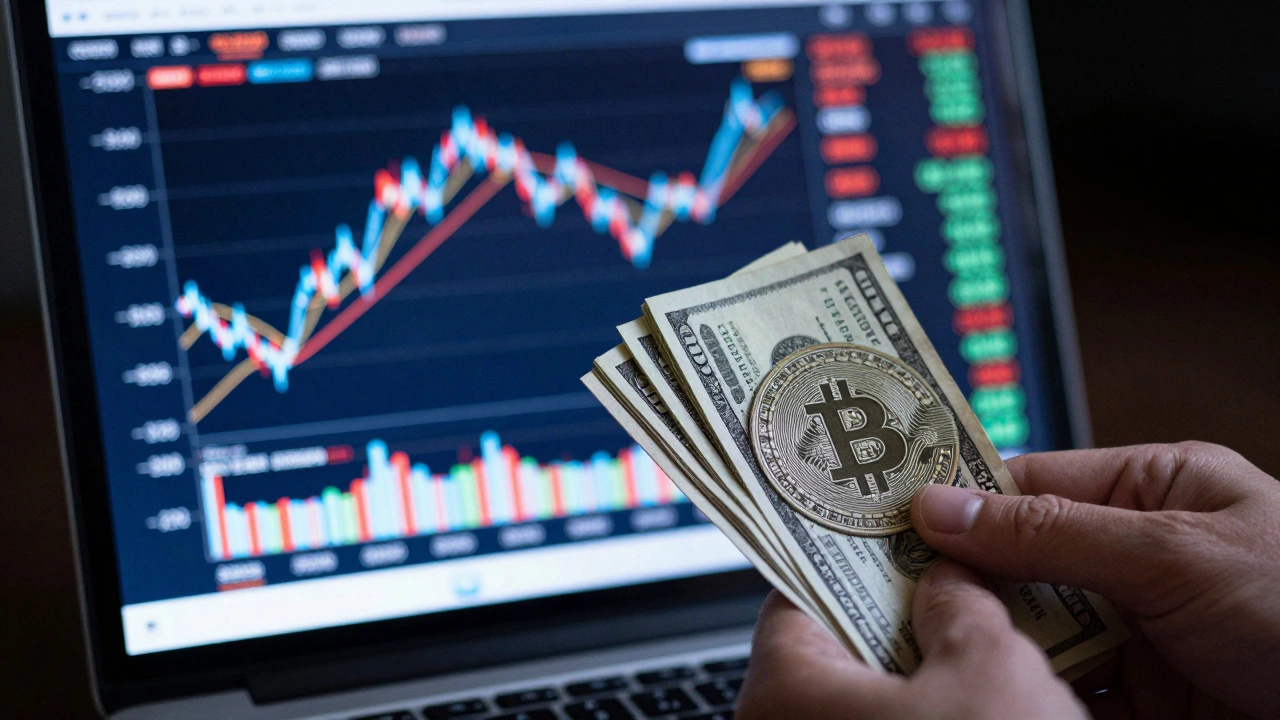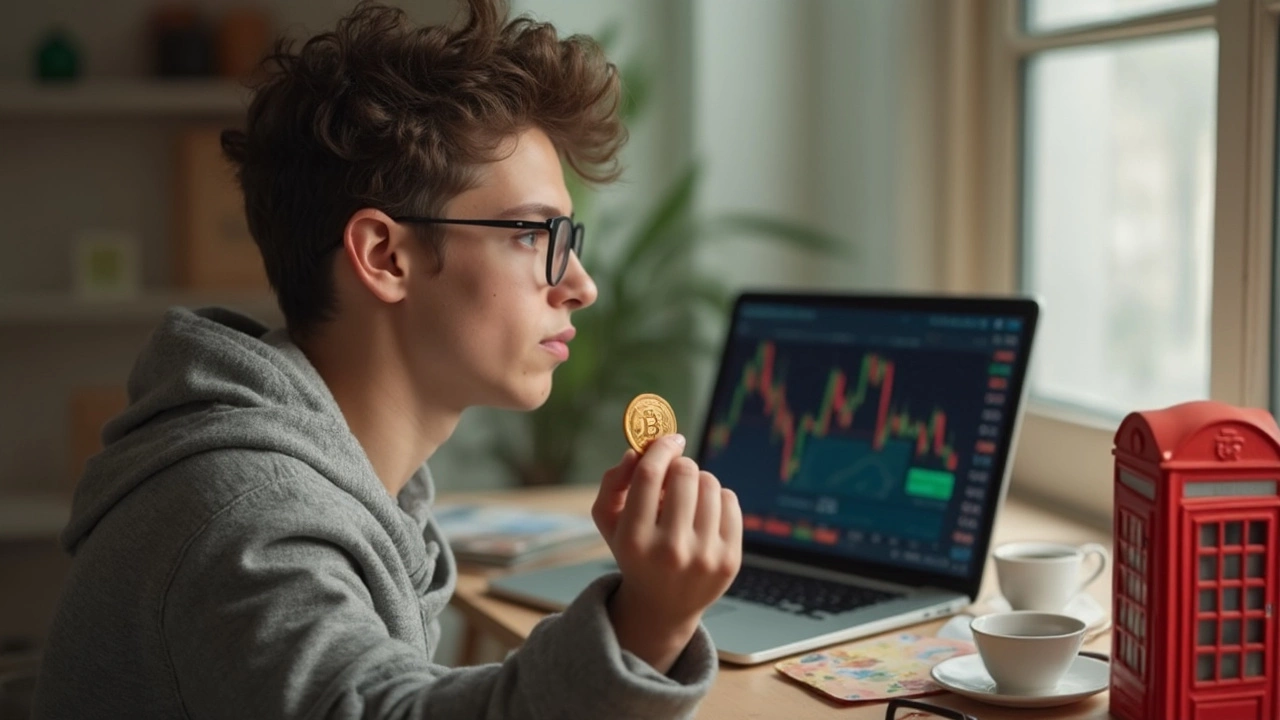Bitcoin Made Simple: What It Is, How It Works, and How to Get Started
If you’ve heard the buzz about Bitcoin but aren’t sure where to begin, you’re in the right place. Bitcoin is a digital form of money that lives online, not in your pocket. It was created in 2009 by an unknown person or group called Satoshi Nakamoto. The idea was to let people send money directly to each other without a bank or government in the middle.
Unlike a bank account, Bitcoin lives on a public ledger called the blockchain. Every transaction is recorded in a block, and the blocks chain together—hence the name. This system makes it hard for anyone to tamper with the records. Because the blockchain is shared across thousands of computers, it’s very secure and transparent.
How to Buy Bitcoin Without Getting Lost
Getting your first Bitcoin is easier than it used to be. Start with a reputable exchange like Coinbase, Binance, or Kraken. Sign up, verify your ID (the same as opening a bank account), and link a bank card. Then you can buy Bitcoin in small amounts—think £10 or £20—so you don’t risk too much at once.
After you buy, move the Bitcoin to a personal wallet. A wallet is a digital tool that lets you control your coins. You can use a mobile app like Trust Wallet, a hardware device like Ledger, or even a paper wallet if you’re super careful. Keeping your Bitcoin in an exchange leaves it vulnerable to hacks, so a personal wallet is a smarter move.
Staying Safe While Using Bitcoin
Security is a big deal in the crypto world. Never share your private key or recovery phrase—those are the only things that let you access your coins. Treat them like the PIN to your bank card and keep them offline if possible.
Watch out for phishing emails that look like they’re from your exchange. Always double‑check the website address before you log in. If something feels off, go directly to the exchange’s official site rather than clicking a link.
Finally, think about taxes. In the UK, profits from selling Bitcoin are taxable. Keep records of when you bought, how much you paid, and when you sold. A simple spreadsheet can save you headaches when tax time rolls around.
Bitcoin isn’t a get‑rich‑quick scheme, but it can be a useful tool for diversifying your money and learning about digital finance. Start small, stay secure, and keep learning. Our other articles cover budgeting, investing, and more—so you can build a solid financial foundation while exploring the crypto world.
How Much Bitcoin Can You Buy With $1000 in 2026? A Simple Guide

Find out exactly how much Bitcoin $1000 buys today. Learn about price fluctuations, fees, and steps to purchase Bitcoin with $1000 in 2026.
Read More >>How Much Can $1 in Bitcoin Really Grow? The Real Deal Behind Tiny Crypto Investments

Curious what happens if you put just $1 into Bitcoin? This article breaks down possible outcomes, looks at Bitcoin's wild history, and helps you figure out if micro-investing in crypto makes any sense. You'll see clear numbers and learn how market swings shake every dollar. We’ll also talk about fees, risks, and handy tips for making your first Bitcoin move smarter. If you’re Bitcoin-curious and careful with cash, this one’s for you.
Read More >>